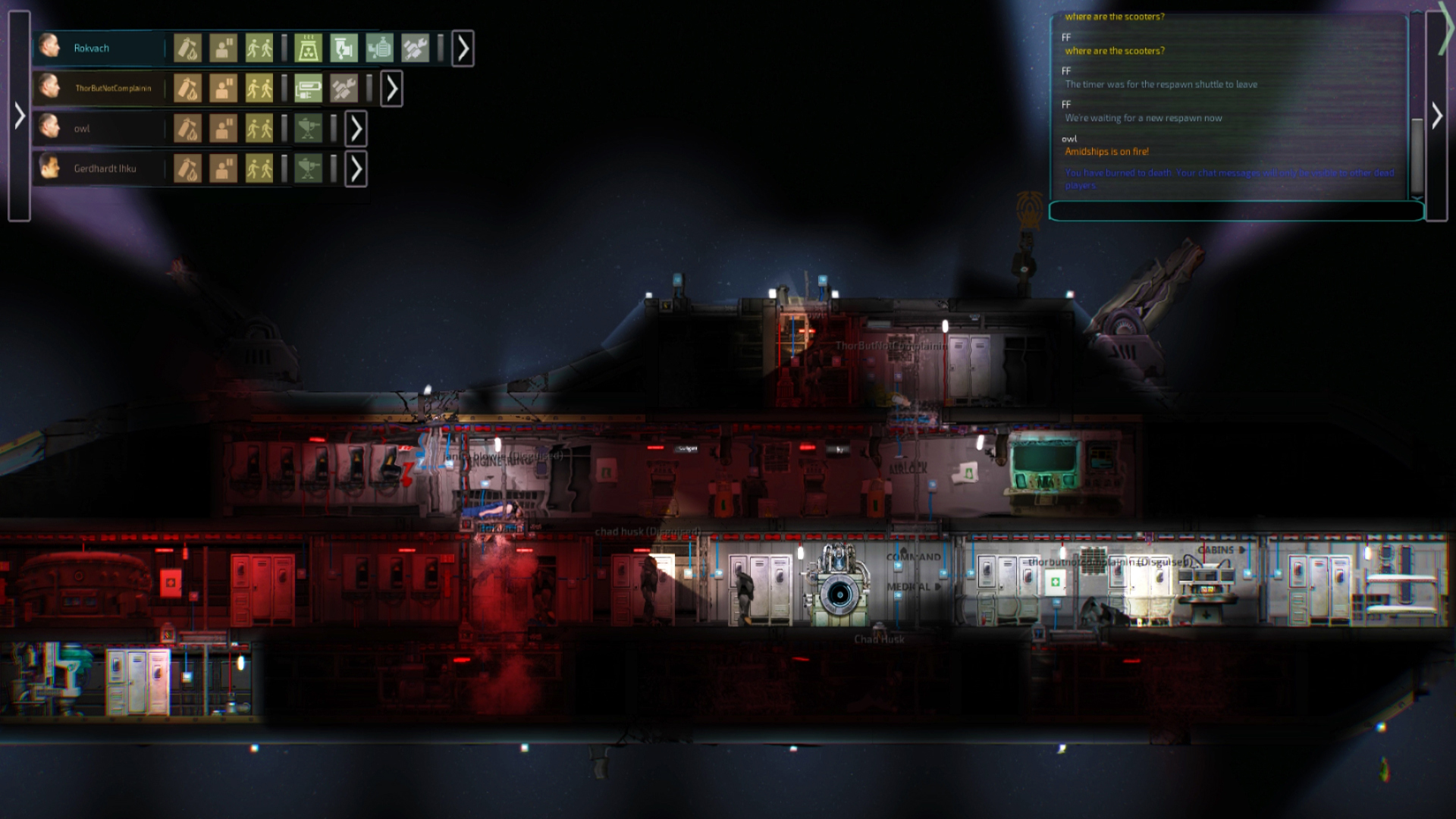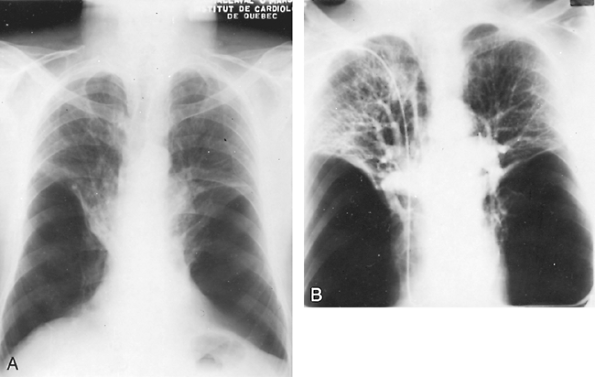

Promptly provide as close to 100% oxygen as possible if available and trained to do so and continue to do so until the ambulance/evacuation personnel arrives and takes over management.

A person with DCI may regain consciousness and appear to have recovered but still needs to be managed for suspected DCI due to the possibility of relapse. If the person is not responding and is not breathing normally, commence resuscitation following the ANZCOR Basic Life Support flowchart.This is different from most other first aid uses of oxygen as detailed in ANZCOR Guideline 9.2.10, which should be read in conjunction with this guideline. 2ĭecompression illness and pulmonary barotrauma require special first aid considerations, including the prompt and continued administration of near-100% oxygen. 1 Twenty-nine percent of calls to an Australian based diving emergency hotline were due to suspected DCI, compared to 1% from PBT. Australian hyperbaric units treat an average of 125 cases of DCI a year. However, breathing compressed gas underwater can lead to several unique medical problems, the most significant being decompression illness (DCI) and pressure damage of the lungs called pulmonary barotrauma (PBT). These can be managed by the usual first aid and resuscitation protocols outlined in various ANZCOR Guidelines. Divers are vulnerable to a variety of potential injuries and illnesses which include ear injuries, drowning, carbon monoxide poisoning, and heart attack, among others. However, the breathing gas can also be supplied from the surface via a surface supplied breathing apparatus (SSBA). Most commonly, divers use self-contained underwater breathing apparatus (scuba) and breathe from cylinders carried underwater. ‘Compressed gas’ divers breathe gas (usually air) while underwater. Īustralian and New Zealand Committee on ResuscitationĬonsensus on Science with Treatment Recommendations (from International Liaison Committee on Resuscitation - ILCOR) Keep the person thermally comfortable.An alert and stable person suspected of having decompression illness may drink non-alcoholic fluids as advised by the diving doctor.Record details of the dive(s), the symptoms and signs, first aid provided and response.Otherwise, and in the event of breathing difficulty, the person can be managed in a position of comfort. Manage the person in a horizontal position if early onset decompression illness is suspected.(Near-100% oxygen should be administered even if pulse oximetry indicates a high oxygen saturation).


This guideline applies to adults and children over 8 years old who have dived while breathing compressed gas during the previous 24 hours or have travelled to altitude (e.g.


 0 kommentar(er)
0 kommentar(er)
